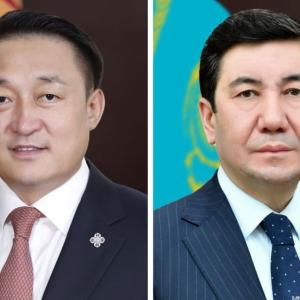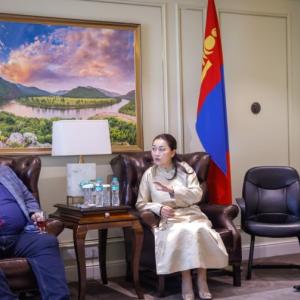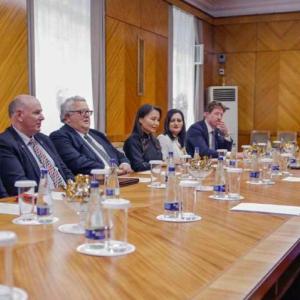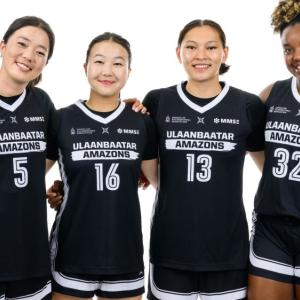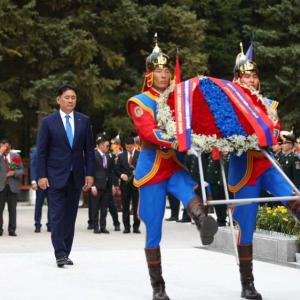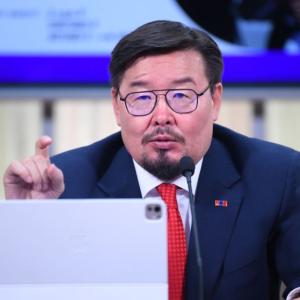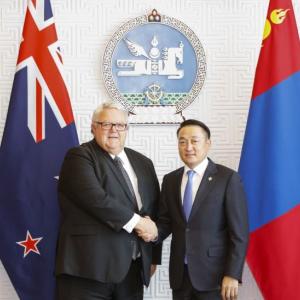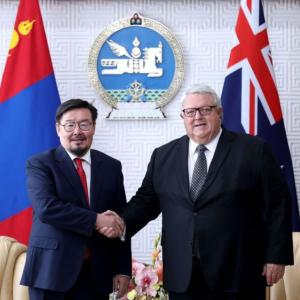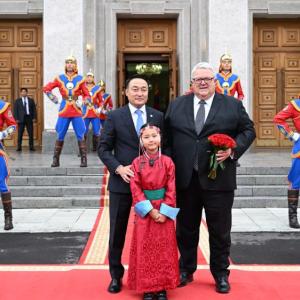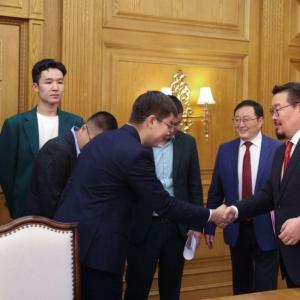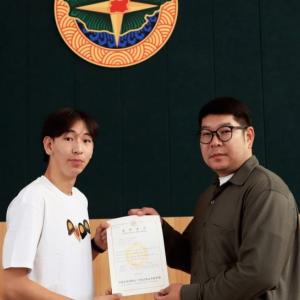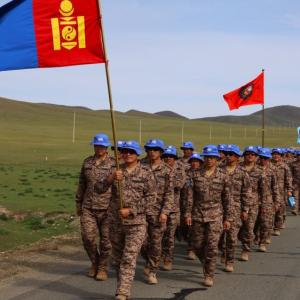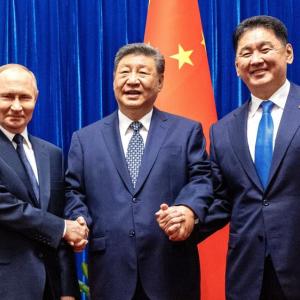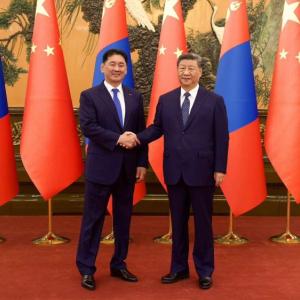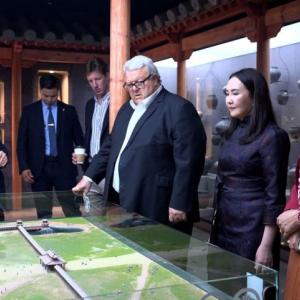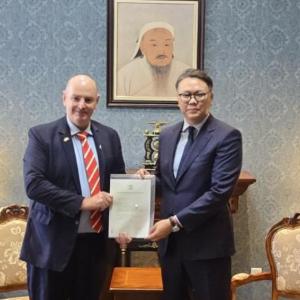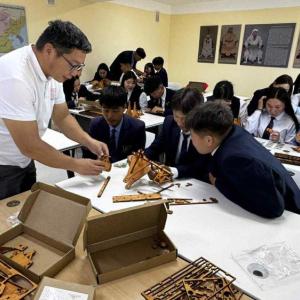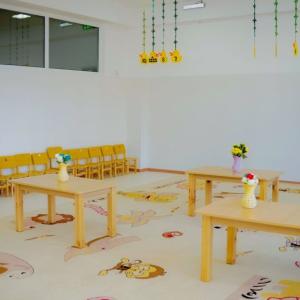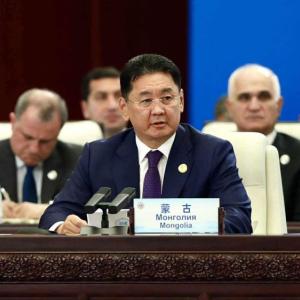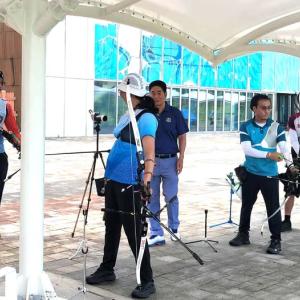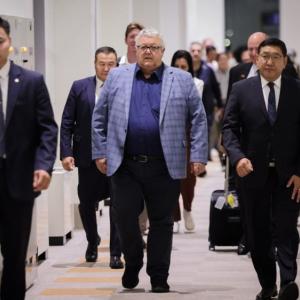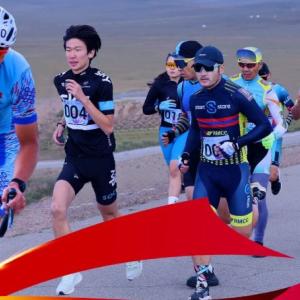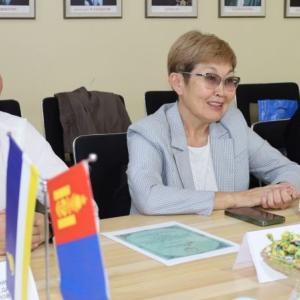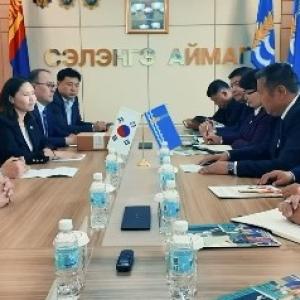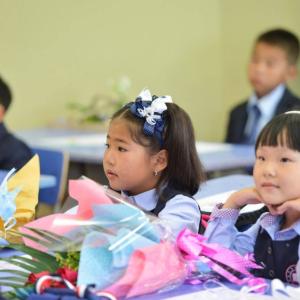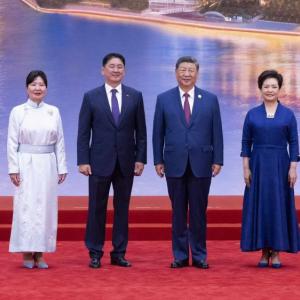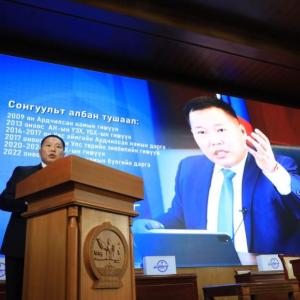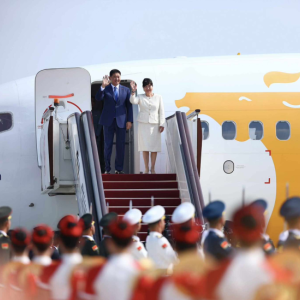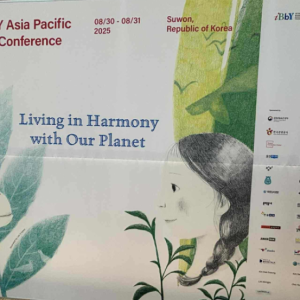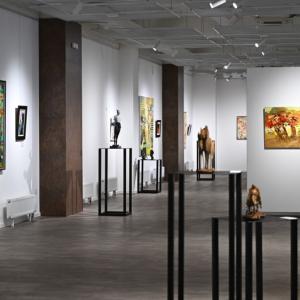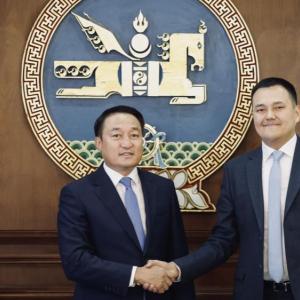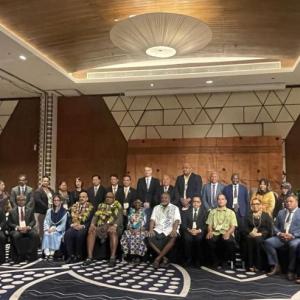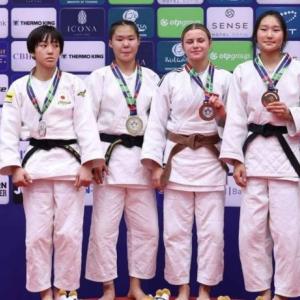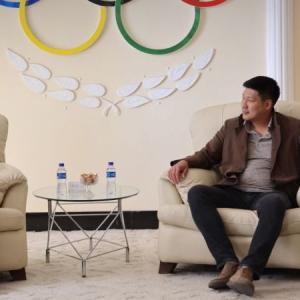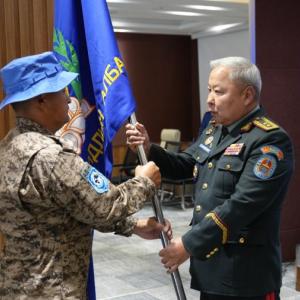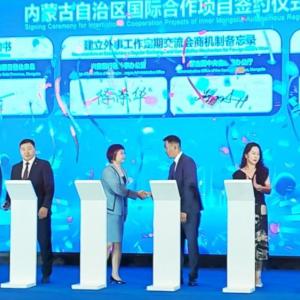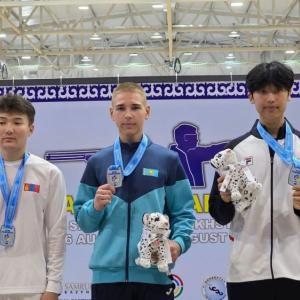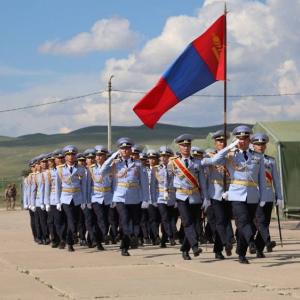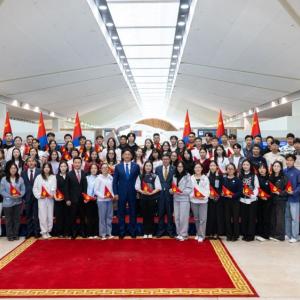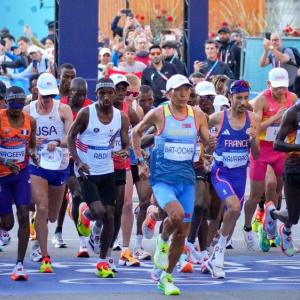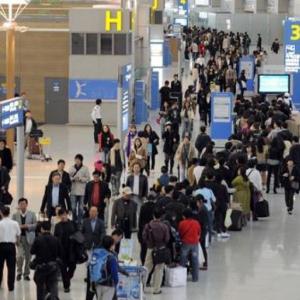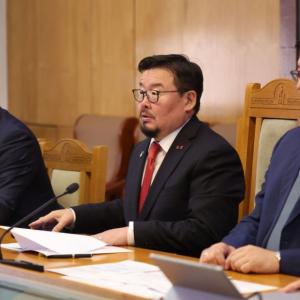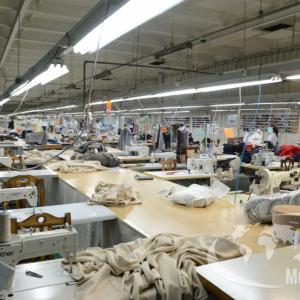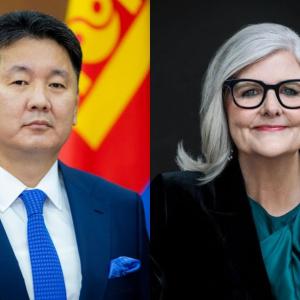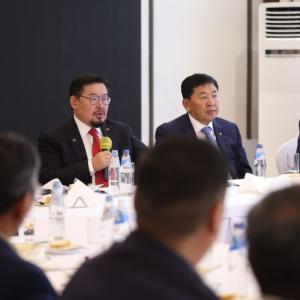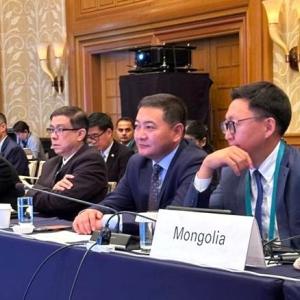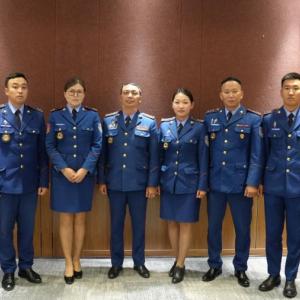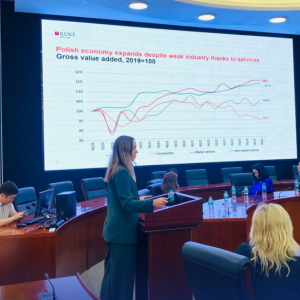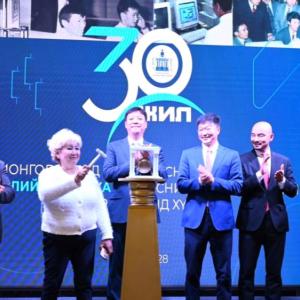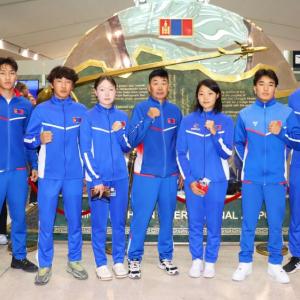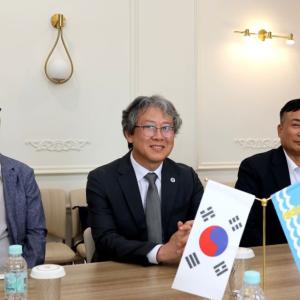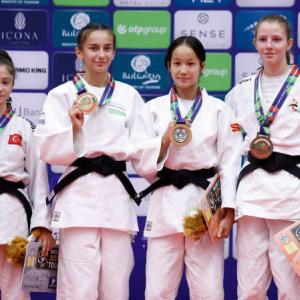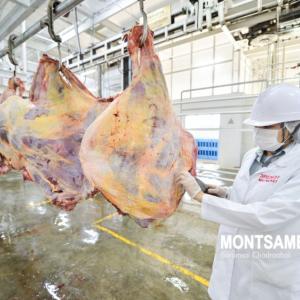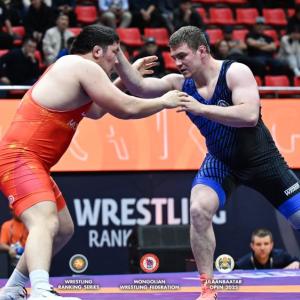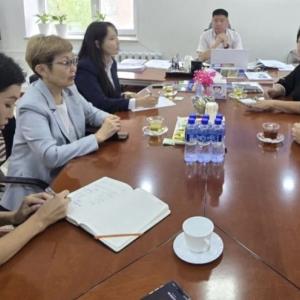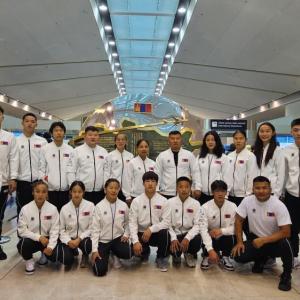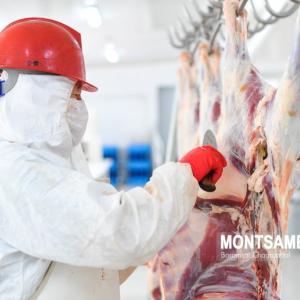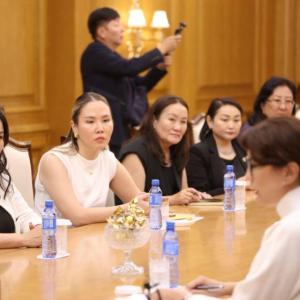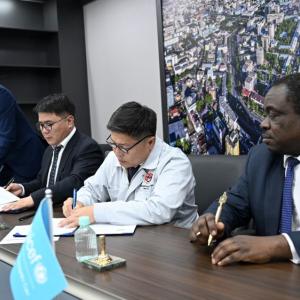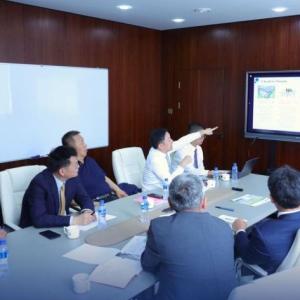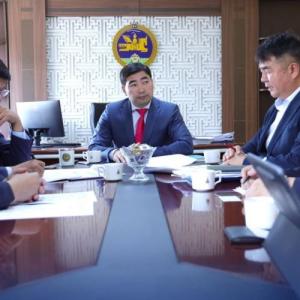P.Batchuluun: We have saved 27 lives with 12 brain-dead donor transplants
The Mongol Messenger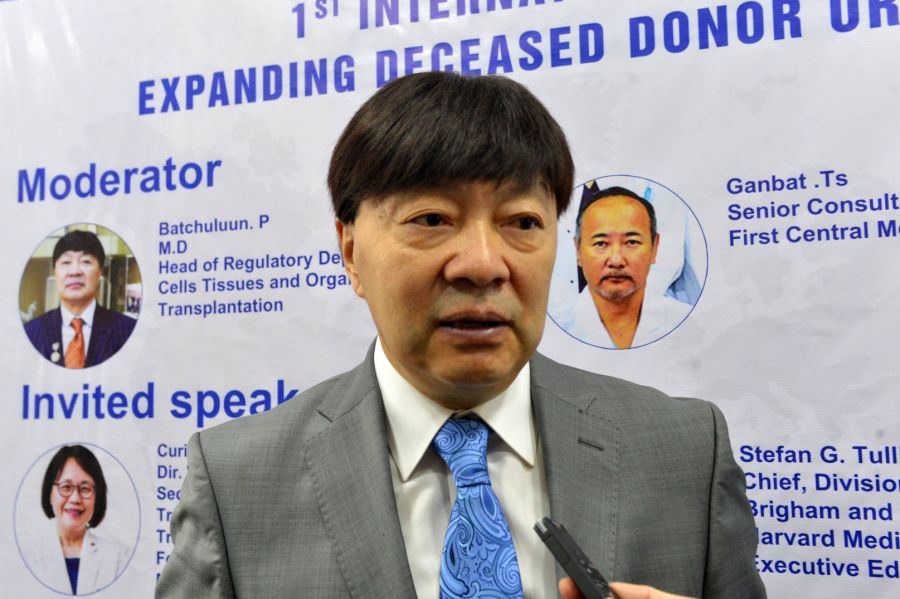
Ulaanbaatar /MONTSAME/ The First International Scientific
Seminar ‘Expanding Deceased Donor Organ Transplantation’ was held at the First
State Central Hospital on October 30.
Health professionals of intensive care and neuro units of
the first and third central hospitals, National Trauma and Orthopedic Research
Center, and the National Center for Maternal and Child Health, transplant team
physicians and nurses, and specialists of the Cells, Tissues, and Organs
Transplantation Regulatory Department of Health Development Center (HDC)
presented their research on deceased donor organ transplantation at the
seminar.
The seminar was aimed at promoting the Donor Law, finding
an answer to how to manage and improve organ transplantation from braindead
donors, enhancing crosssectoral cooperation, and allowing the participants to
share their knowledge and experience.
Around 95 percent of transplants performed in Mongolia were
from living donors, meaning the organs were transplanted from father to son,
daughter to mother, or elder brother to younger brother.
We had a small interview with Head of HDC
Regulatory Department of Cells, Tissues, and Organs Transplantation, State
Honored Doc tor P.Batchuluun during the event.
First of all, what is the definition of ‘deceased donor’?
-Deceased donor transplant is when there is a transplant
from a braindead donor. Brain-dead donor is a donor who has passed from a
brain injury or a stroke. Mongolia revised its Law on Donor in 2018 with the
addition of provisions on deceased donor transplants including one that allows
citizens to consent to organ donation in case of brain death.
Thanks to that provision, braindead donor transplantation
has significantly emerged in the field of organ transplantation in Mongolia
over the last two years.
How
many people have so far received organs from braindead donors in Mongolia?
-The HDC Regulatory Department for Cells, Tissues, and
Organs Transplantation was established in January 2018. We inform and educate
the public about braindead donors, carry out awareness raising activities, and
perform organ transplantation after securing permission for organ donation from
the family of a brain-dead patient.
Over the past two or more years, we have found a total of
120 brain-dead donors and asked permission for organ donation from around 40
families, of which 14 consented. As a result, 12 braindead donors saved 27
lives in total. 17 of the 27 organ recipients received kidney and 10 livers. We
also source bone marrow from deceased donors.
Do you have any statistics on how many people lose their lives every year in the country?
-Every individual is a valuable asset of the society.
Unfortunately, in Mongolia, over 600 people die from accidents and 2,500 to
3,000 people from hypertension and stroke every year. Around 10 thousand people
die from kidney, liver, and heart failure while awaiting organ transplants.
Even more people could be dying from liver cancer, hepatitis B and C, chronic
kidney disease, and heart attack. We can see from here that Mongolians are
dying from either accidents or acute and chronic diseases. Therefore, our goal
is to use the cells and organs of people who have died untimely deaths to save
the lives of those suffering from chronic diseases.
How do
other countries transplant organs from braindead donors?
-The first ever organ transplant from a brain-dead donor
was in 1963. To save lives, we have to raise public awareness of the practice.
Doctors say Mongolia has many patients awaiting organ transplants, but there are not enough donors. Mongolians do not become donors due to cultural and religious beliefs or family refusal, maybe?
-To date, 226 kidney transplants and 132 liver transplants
have been performed in the country. Of the liver transplants, 107 were
performed at the First State Central Hospital and 25 at the National Cancer
Center.
However, most or 95 percent of the transplants were from
living donors or family members. So the deceased donor organ transplantation is
only beginning to develop in the country. I said earlier that 14 of the 40
families gave permission for organ donation. I believe they refuse when monks
they go to for advice tell them not to cut the deceased. Some ask if there will
be any financial assistance for the funeral.
The Transplant Society (TTS) and the World Health
Organization advise that organ donation should not be for profit making. We
follow that advice. Many world countries have endorsed the 2008 Declaration of
Istanbul on Organ Trafficking and Transplant Tourism. Mongolia endorsed it as I
participated in the international congress of TTS in Madrid, Spain, in 2008.
Some developed countries like South Korea and Japan are
considering to provide a certain amount of financial support for the funeral
since Asian culture is different. This issue is quite complicated. We could
make amendments to the Law on Donor to offer financial support for the funeral
of the deceased donor. Such practice is in place in South Korea.
We should consider doing this as families of deceased
donors seek financial support when asked for donation permission. Some people
do not consent to become a donor due to family disapproval.
What more regulations do we need on braindead donor transplantation?
-There is a lot to do such as making amendments to the Law
on Donor including the ones I mentioned earlier. The Government’s 2024 Action
Program includes the establishment of National Center for Cell, Tissue and
Organ Transplantation and there is a proposal to adopt a separate law on cell,
tissue, and organ transplantation.
During the international seminar, Officer of HDC Regulatory
Department of Cells, Tissues, and Organs Transplantation B.Ariuntulga said,
“Religious beliefs are one of the reasons why families of deceased donors
refuse organ donation. When we talked with Khamba Lama D.Choijamts about the
matter, he said it is best to save a life by believing that giving a life to
one is the greatest deed of all. Some people refuse donation due to their
religious beliefs and superstitions. However, we have been clearing the
misconceptions through awarenessraising activities”
Health professionals of the first, second and third central
hospitals, National Trauma and Orthopedic Research Center, National Center for
Transfusion Medicine, National Cancer Center and the central hospitals of
Chingeltei, Sukhbaatar, Songinokhairkhan and Bayanzurkh districts participated
in the seminar with doctors from Canada, Australia, South Korea, United States,
and Spain taking part virtually.
J.Bolor
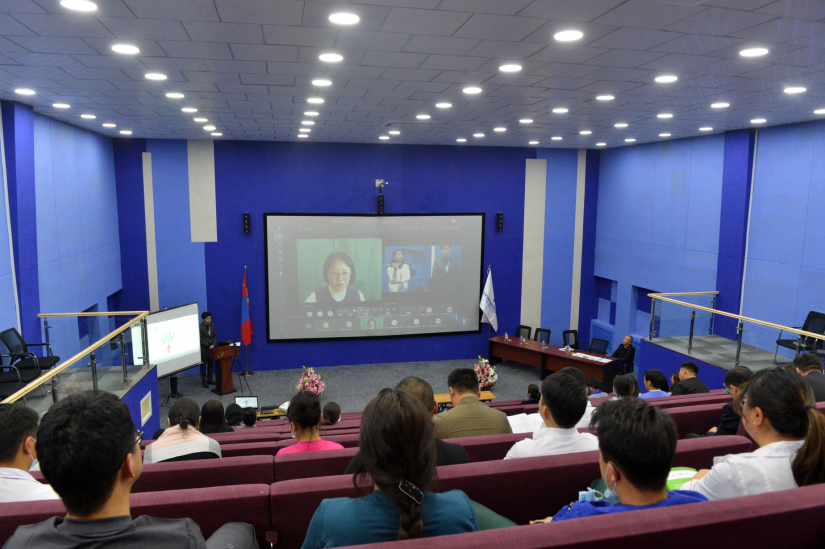
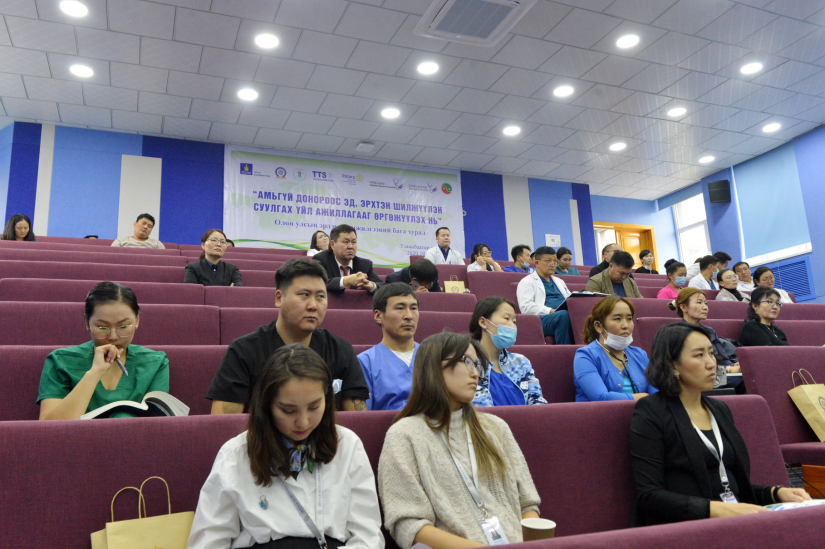
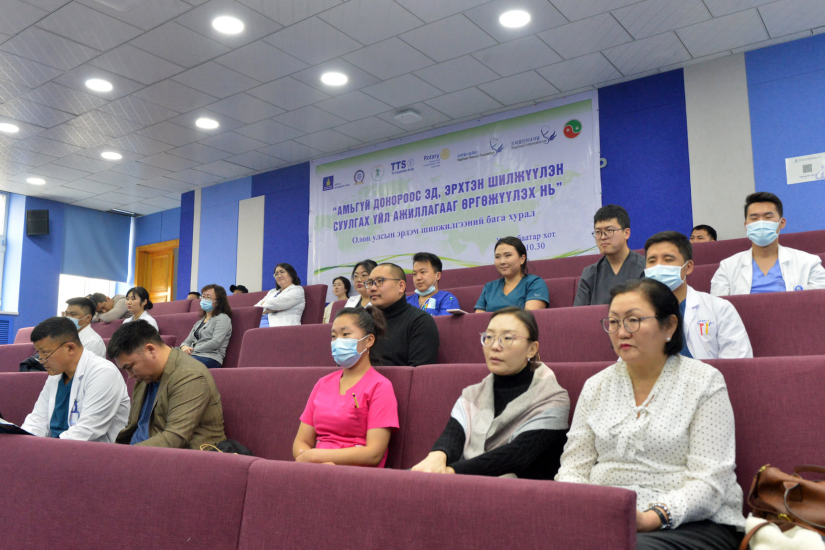

 Ulaanbaatar
Ulaanbaatar

